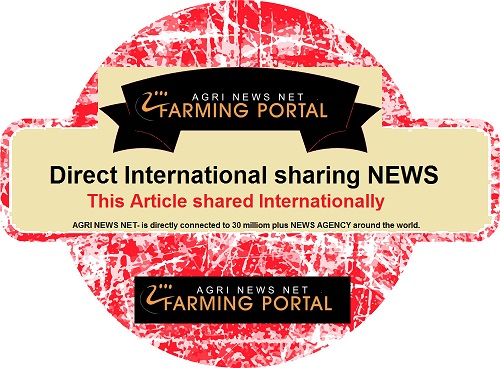In a shock decision, the Western Cape High Court granted urgent interim relief to the Human Society International – Africa against the Minister and the National Department of Forestry, Fisheries, and the Environment (DFFE), suspending the announcement of the 2022 hunting quotas of protected species.
“HSI/Africa will now await the final judgment on the interim interdict, which is expected in two weeks. The DFFE must make public the Minister’s Record of Decision that informed the quota announcement. Council will review all relevant documentation and a court will review the substantive matters basis of the quota of 10 vulnerable leopard, 150 endangered elephant and 10 critically endangered black rhino in 2022.” In defence of the substantive analysis of this application, WRSA stands firmly on the scientific foundation that a species cannot be managed on a ‘per species’ level, but only on a population level.
We maintain that in the case of a listed endangered species, it is entirely realistic that whereas the species may be endangered when seen on a macro scale across all of Africa’s unprotected areas, due to the existence of sufficient and well-managed private protected areas where there are healthy populations of any such species with sufficient numbers of the species, the species in question is not in danger of extinction irrespective of how numbers in unprotected areas have decreased. WRSA also maintains that where people have heavily invested and taken the trouble to protect and breed any species, there is no valid reason to interfere with the harvesting of them, especially if that's done sustainably.
During the monitoring efforts of WRSA and our expert legal team, we observed that the Minister and the National Department of Forestry, Fisheries, and the Environment (DFFE) had a robust objective defence against the application. It was judged, based on legal advice, that WRSA could not constructively add any further legal weight in the courts to halt this application. The quota as announced by Minister Creecy and the DFFE, includes 10 leopard, 10 black rhino and 150 elephant. These hunting quotas for export are based on sound scientific principles and are in accordance with the Convention on International Trade in Endangered Species of Wild Fauna and Flora (CITES) as well as in terms of the National Environmental Management: Biodiversity Act (NEMBA). South Africa is one of many countries that implement a sustainable off-take of elephants, black rhino, and leopard.
This is aligned with the best available scientific information on their conservation status and ensures that hunting of these animals does not have a negative impact on the wild populations of these species. South Africa supports the principle of responsible and sustainable use of natural resources. Research has found that trophy hunting creates economic incentives that promote conservation. Trophy hunting also provides a useful wildlife management tool and is used to remove (mostly) excess males from a population, while revenue is generated at the same time to cover the costs of conservation efforts.
It should be noted that trophy hunting is one of the most strictly regulated activities in South Africa. It is regulated at international, national, and provincial level simultaneously. The hunting sector conservatively contributed R1.4 billion to the economy in 2019, excluding the economic contribution to tourism and all hunting and safari-related industries and the biodiversity sector employed more than 418 000 people in 2019, which is comparable to mining. Income generated by trophy hunting is especially critical for marginalised and impoverished rural communities. We will continue to monitor the progress of the court action towards the final judgement and will take any legally sound action to further and protect the rights and best interests of our members and South African citizens.














